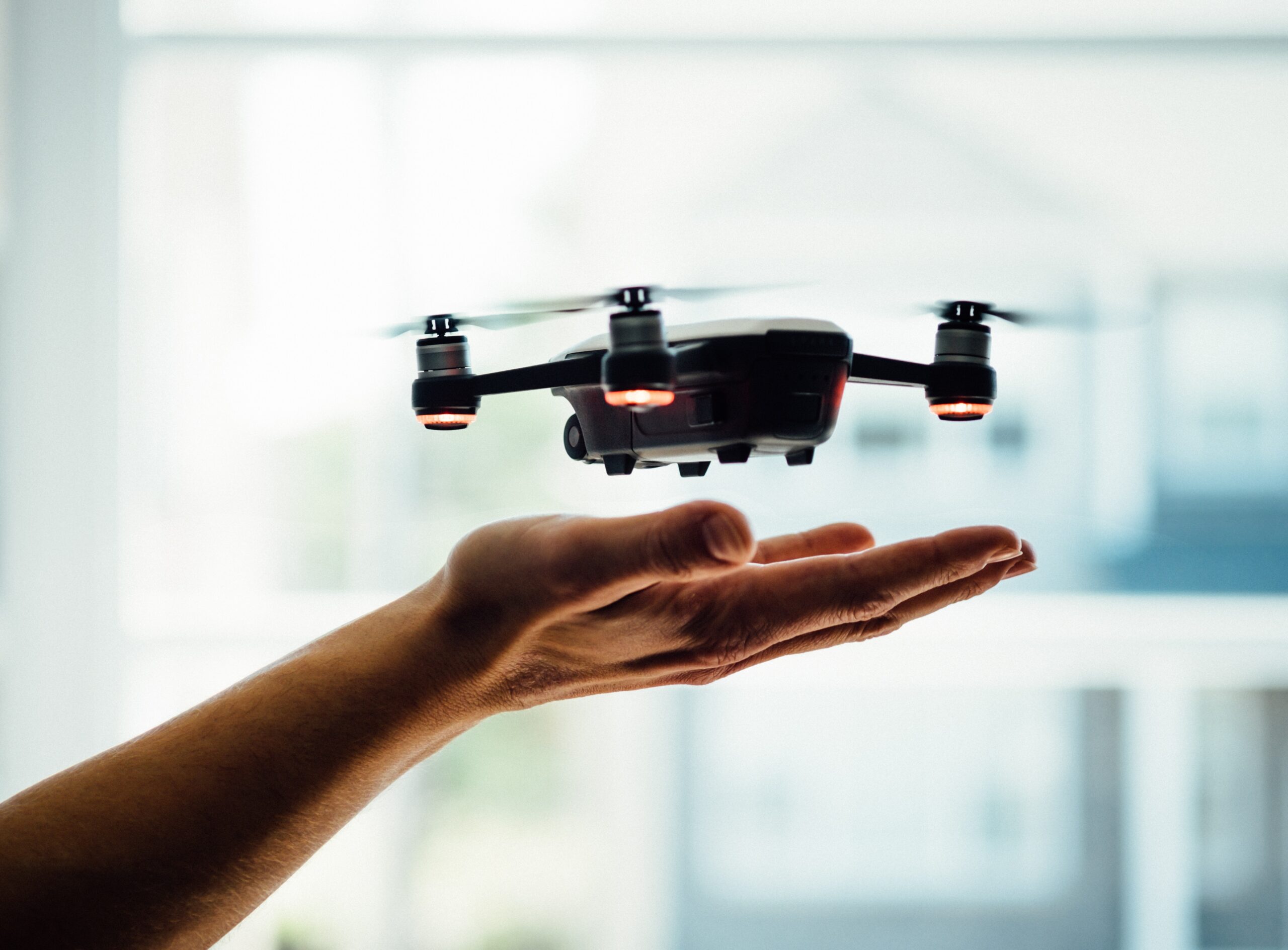Study conducted by the PONS Mobility consulting firm within the framework of the European Labyrinth project.
Madrid, September 18, 2023- PONS Mobility, a leading sustainable mobility consultancy, has made public the results of a comprehensive opinion study conducted by the consultancy to assess the level of knowledge and acceptance among citizens of the use of drones in the European Union (EU), as part of the European project Labyrinth. This fieldwork, conducted simultaneously in eight EU countries, highlights the widespread lack of knowledge among Spaniards, with up to 85% unaware of the regulation of drone use in our country.
In this regard, the study, titled «Labyrinth, Ensuring drone traffic control and safety», also positions Spain as the most concerned country about the regulation of this technological phenomenon and its implications in the daily lives of citizens, with 48% considering regulation of these unmanned aerial vehicles to be «very important.»
On the other hand, Spain and Romania are the only countries that prefer the deployment of pilotless drones over those controlled by a professional. Among autonomous drones (37%), guided by AI, and automatic drones (27%), following a predetermined route, they account for 59% of opinions. Meanwhile, drones controlled by a human professional receive support from only 34% of respondents.
Regarding the environment, 55% of respondents believe that the implementation of drones would have no effect, either negative or positive. In contrast, 26% believe that this new situation would have a positive impact on the environmental footprint of our cities and public spaces.
As for their usage, a majority of Spaniards, up to 56%, believe that using these drones in rescue and emergency situations would be appropriate. Response speed is also key for most respondents, considering that urban air mobility «could be faster and more efficient than road transport.» Among the other European countries analyzed, this remains the most popular choice. Reaching challenging areas that might also require rescue is the next most chosen response.
On the other hand, the reasons causing the most reluctance among the population are possible espionage and data privacy concerns. On average, 21% of respondents believe drones could be used as spy tools, while 16% think data privacy would be affected. In the case of Spain, these factors generate the most opposition, although Spain is not the leading country in either of these aspects. 18% of Spaniards express concern about their privacy, and 21% believe they could be surveilled through drones.
For Ana Gómez Arche, CEO of PONS Mobility, this fieldwork demonstrates that «appropriate and transparent regulation, along with an ambitious information campaign, could be sufficient to address these concerns. The creation of a stable regulatory framework through regulatory sandboxes in this area could also boost innovation in a sector that is likely to be crucial for the transportation of goods and our security, both in urban areas and critical facilities for the country’s security in the near future».
About the Labyrinth Project and the Stud
This study is part of the work of the Labyrinth project, funded under the European Horizon 2020 Program, in which PONS Mobility worked alongside a consortium of twelve European entities, including the Carlos III University of Madrid, Arquimea Aerospace Defence and Security, DLR, DGT, Telefónica’s R&D division, PKF Attest Inncome, INTA, Eurocontrol, DIN, the Eastern Ligurian Sea Port System Authority, the Madrid City Council through SAMUR-Protección Civil, and the Austrian Institute of Technology. The project investigated the effects of implementing drones in cities.
The main objective of this innovation project was to analyze and propose technical and regulatory measures aimed at achieving optimal drone traffic services that improve the safety and efficiency of civil land, maritime, and aerial transportation. The research is based on a centralized 4D trajectory planning system that allows all active drones in a given area to communicate with each other, using 5G technology, to continuously track their trajectory and position. They are capable of calculating alternative routes to avoid collisions while maintaining encryption levels that ensure the security of the entire system.
In addition to Spain, up to eight EU countries participated in the study, including Germany, Austria, Italy, Belgium, Sweden, Poland, Romania, and Greece. How the population views the implementation of drones in cities in their daily lives is also a factor to consider. To gather their opinions, the project conducted surveys with 4,000 people in different age groups to ensure statistical validity.
Check the Study here.

